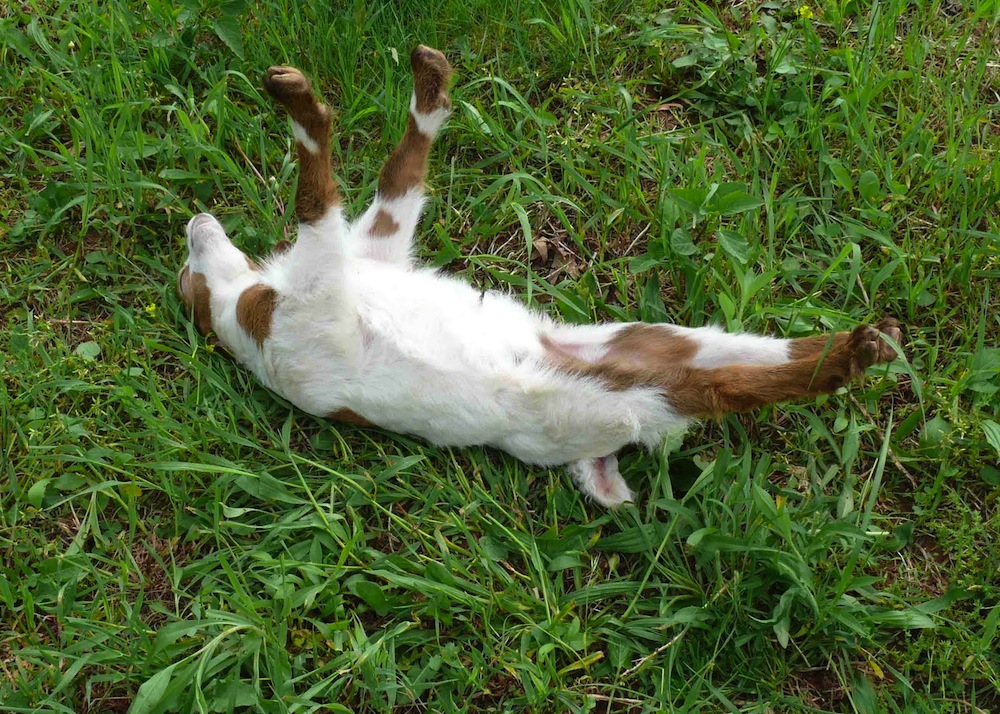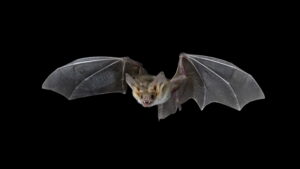Why do myotonic goats faint?

Myotonic goats, also known as “fainting goats” or “nervous goats”, have captivated the curiosity of animal enthusiasts for their peculiar behavior of sudden muscle stiffness, caused by a condition called myotonia congenita.
This unique phenomenon has raised numerous questions, particularly regarding the cause and underlying mechanisms of why these goats faint. The scientific exploration into this fascinating characteristic sheds light on the intriguing nature of myotonic goats.
Response to stress of Myotonic goats
To understand why myotonic goats faint, it is essential to delve into the genetics and physiological factors governing this distinct behavior. These goats possess a genetic condition known as myotonia congenita, a hereditary muscular disorder affecting the skeletal muscles, which leads to exaggerated muscle contraction when the animal experiences sudden stress or fright.
The myotonia congenita observed in these goats is linked to a genetic mutation affecting chloride channels in muscle cells. The condition is caused by mutations in the CLCN1 gene, which encodes a protein involved in regulating muscle contraction by controlling the movement of chloride ions across cell membranes.
This mutation disrupts the normal function of chloride channels, leading to prolonged muscle contraction in response to stimuli like sudden movements, loud noises, or stress.
Temporary Paralysis
When a myotonic goat experiences a startling stimulus, the usual response in its body is a temporary stiffening of muscles due to an involuntary spasm. This abrupt stiffening is caused by the delayed relaxation of muscles, unlike the typical muscle response observed in non-myotonic animals.
As a result, the goats experience a brief episode of rigidity, followed by a temporary collapse. Once the muscles relax, the goat quickly recovers and resumes its normal activities as if nothing had happened.
The phenomenon of fainting in myotonic goats is not painful or harmful to the animals. These goats do not lose consciousness during the fainting episodes, they are a purely muscular reaction, and the animals remain fully aware of their surroundings throughout the episode.
The duration of the fainting spells typically lasts only a few seconds to a minute, after which the goat regains mobility.

Myotonia congenita in other species
Interestingly, the myotonia trait is not unique to goats and is also observed in some other species, including humans.
In humans, myotonia congenita manifests as a rare neuromuscular disorder, causing muscle stiffness or delayed muscle relaxation after voluntary contraction. This condition is often caused by mutations in specific genes responsible for regulating muscle function, the CLCN1 gene, similar to its role in myotonic goats. There are different forms of myotonia congenita in humans, each associated with distinct genetic mutations and varying severity of symptoms.
In dogs, certain breeds, such as Chow Chows and Staffordshire Bull Terriers, can inherit a form of myotonia. This can lead to episodes of muscle stiffness, especially after rest or in response to sudden movement. Specific genetic mutations in these breeds have been linked to the condition, affecting the function of chloride ion channels in muscle cells.
Cats have also been found to exhibit myotonia congenita, with the breed known as the Maine Coon being one of the notable examples. This condition in cats presents similar characteristics to that seen in dogs and humans, causing stiffness in the skeletal muscles following specific triggers or sudden movements.
Laboratory mice have been subjects of research on myotonia congenita due to genetic modifications that induce the condition, aiding in the study of muscle function and potential treatments for similar disorders in humans.
Breed for fun and science
The phenomenon of myotonic goats fainting has not only piqued scientific interest but has also drawn attention from animal enthusiasts and breeders. Over the years, these goats have gained popularity as pets and in livestock farming due to their unique behavior, leading to a rise in specialized breeding programs aimed at maintaining and promoting the myotonic trait.
Furthermore, the study of myotonic goats has implications beyond the novelty of fainting behavior. Understanding the genetic basis of myotonia in goats may offer insights into human muscle disorders.
Research in this area may contribute to the development of treatments or therapies for muscle-related conditions in humans, leveraging the knowledge gained from studying the genetic mutations and muscle function in myotonic goats.
The fainting behavior exhibited by myotonic goats is a fascinating outcome of a genetic mutation affecting their muscle physiology. Myotonia congenita, stemming from alterations in the CLCN1 gene, results in exaggerated muscle contractions when the goats experience sudden stress or surprise.
Brief episodes of fainting, while intriguing, do not cause harm to the animals and have sparked interest in both scientific research and among animal enthusiasts. The study of myotonic goats not only offers a unique window into the world of genetic disorders and muscle function but also holds the potential for broader implications in understanding and potentially treating human muscle-related conditions.










